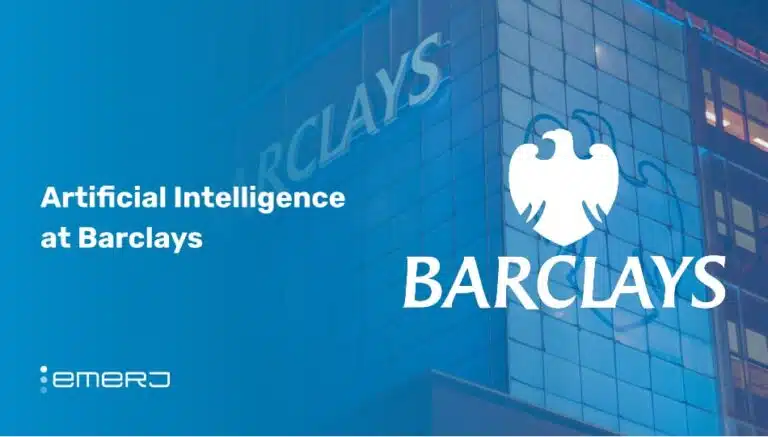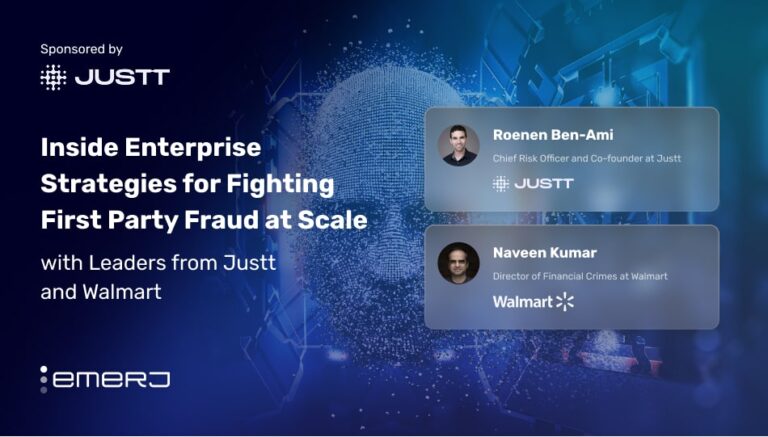Reimagining Customer Experiences with AI-Driven Conversations – with Leaders from Cognigy and Commerce Bank
This article is sponsored by Cognigy and was written, edited, and published in alignment with our Emerj sponsored content guidelines. Learn…


Read the Emerj team’s latest coverage on AI use-cases and trends in banking.
This article is sponsored by Cognigy and was written, edited, and published in alignment with our Emerj sponsored content guidelines. Learn…

Traditional manufacturing faces significant challenges due to its reliance on legacy processes, manual quality control, and limited adaptability to evolving market…

This interview analysis is sponsored by Airia and was written, edited, and published in alignment with our Emerj sponsored content guidelines.…

Barclays is a leading British universal bank with a diversified portfolio serving retail and wholesale customers globally. The bank employs over…

This interview analysis is sponsored by Deloitte and was written, edited, and published in alignment with our Emerj sponsored content guidelines.…

This article is sponsored by Justt and was written, edited, and published in alignment with our Emerj sponsored content guidelines. Learn…

As one of the largest healthcare companies in the United States, CVS Health generated $357.8 billion in revenue in 2023 and…
